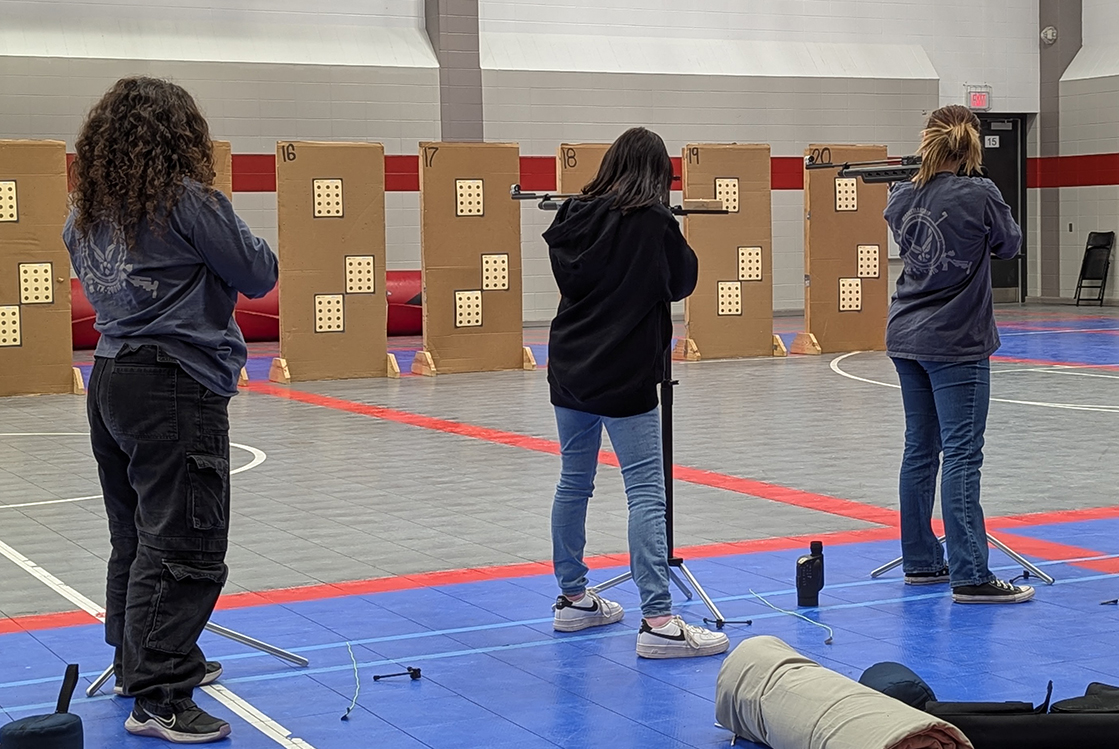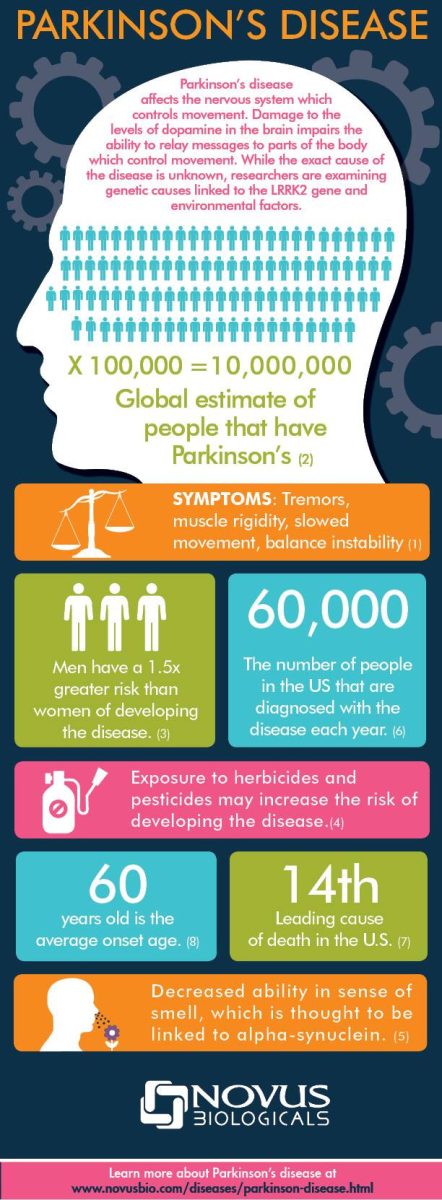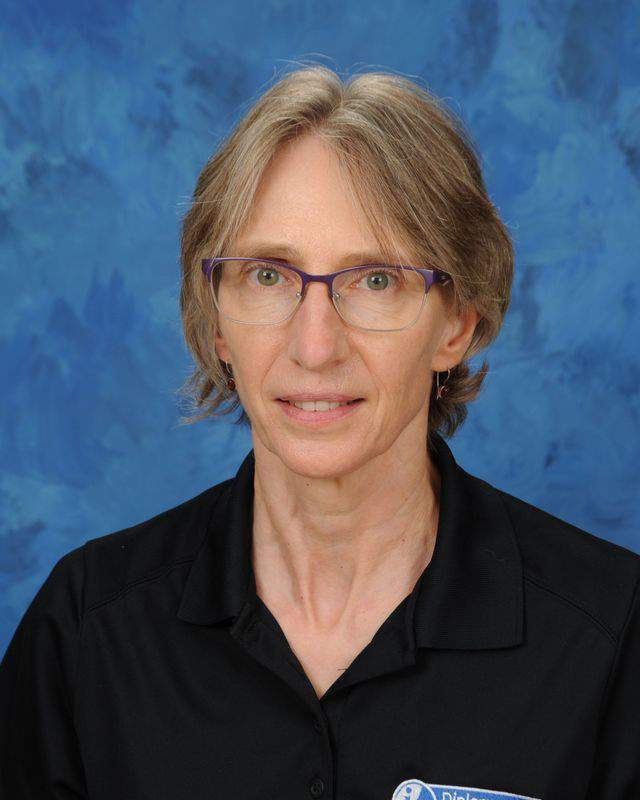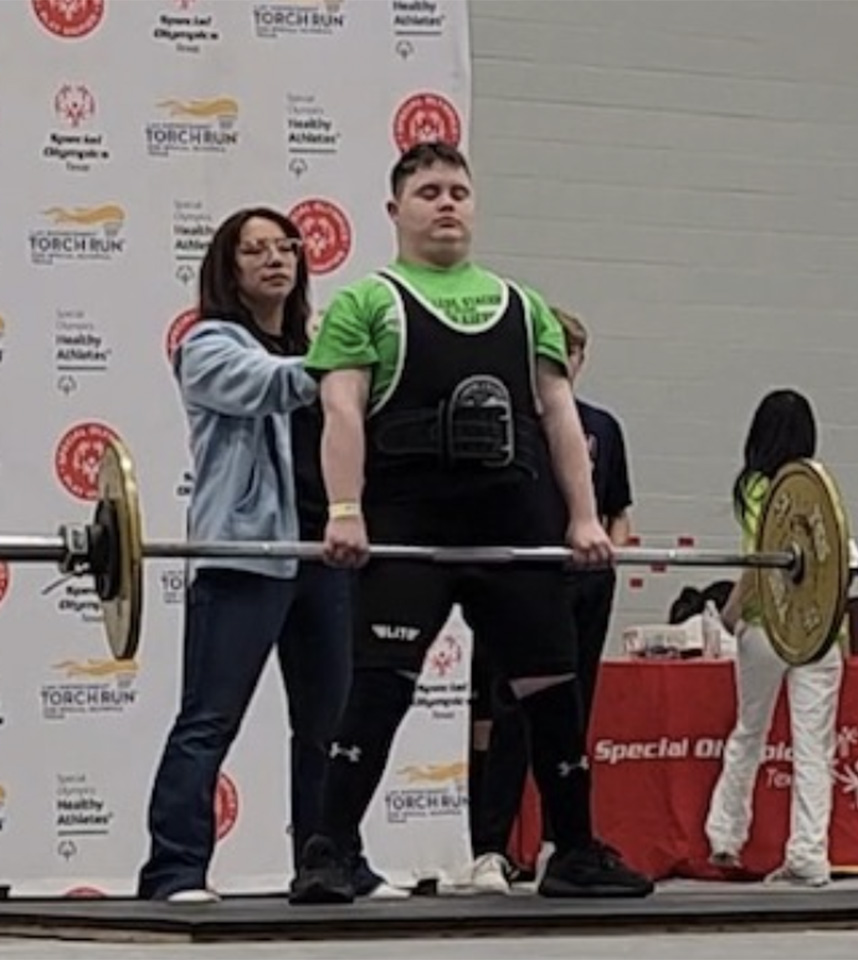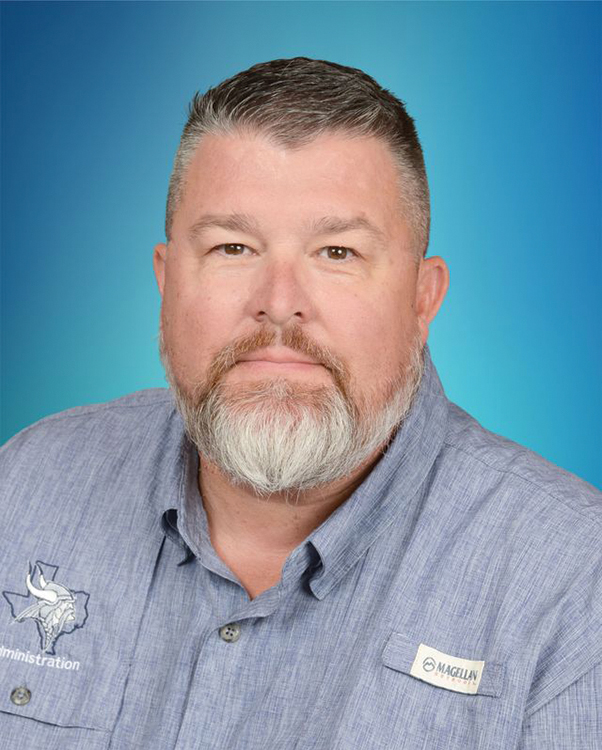Blood spattered on the wall. Various pieces of evidence scattered across the ground. Police sirens are blaring in the background. It is scenes like these that require specialists to solve brutal crimes using a keen sense of observation and forensic science. There are many people, though, that contribute to a case being solved.
For students interested in being a part of something like that, Bryan High offers a class that specializes in that specific area.The criminal justice class offers ideal preparation for a career in law enforcement, forensics, homeland security, investigations, corrections and dispatching. This class also offers dual credit for juniors and seniors that qualify to earn college hours while still in high school.
“With new certifications and skills being discovered every day, it’s become easier to prepare students for these jobs and careers in criminal justice,” teacher Gary Parks said.
The onslaught of crime dramas on television has also increased the popularity of the field, but students must remember that what is depicted on television is not reality.
“Crime dramas are very interesting but real forensic science doesn’t work like that,” Trejo said. “They make it looks really glamorous, but it usually isn’t.”
The criminal justice class participates in hands-on-learning with things such as handcuffing, fingerprinting, mock crime scene scenarios, mock trials, teen court and a field trip to the Giddings State School for Principle of Law classes. It even helps students understand their basic rights.
“We’ve learned about what a misdemeanor is, what a bond is, and knowledge of criminology,” sophomore Jessi Trejo said. “I know the Miranda rights by heart so I know the rights I have.”
The criminal justice career cluster has 5 pathways: legal services, law enforcement services, security and protective services, emergency and fire management services, and corrections services. These pathways provide a way for students to explore multiple areas of the criminal justice system.
Similar to academic UIL, the class competes in the Texas Public Service Association (TPSA). The team will compete on Jan. 28 at Vidor High School and March 1-2 at Sam Houston State University.
“This venue trains students in this area and provides a networking across the state of Texas with students in the same field,” Parks said.
Parks worked in the criminal justice system for 17 years prior to teaching at BHS. Where he has been for 10 years. One position he held within the justice field was working as an adult probation officer.
“In working with adults, it’s hard to make them change,” Parks said. “They have to want to change.”
Parks also worked at the Texas Youth Commission for 5 years as a caseworker.
“While working with troubled youth at TYC I realized that planting the seed of change and watching the youth make the change is a good feeling,” Parks said. “It was then that I realized that I wanted to teach.”
Parks hopes that students can take several things away from his class, even if they don’t decide to enter the criminal justice field.
“I hope that after taking my class students will be able to be more responsible and a better citizen for their community, as well as learn about their rights as a productive member of society,” Parks said.

